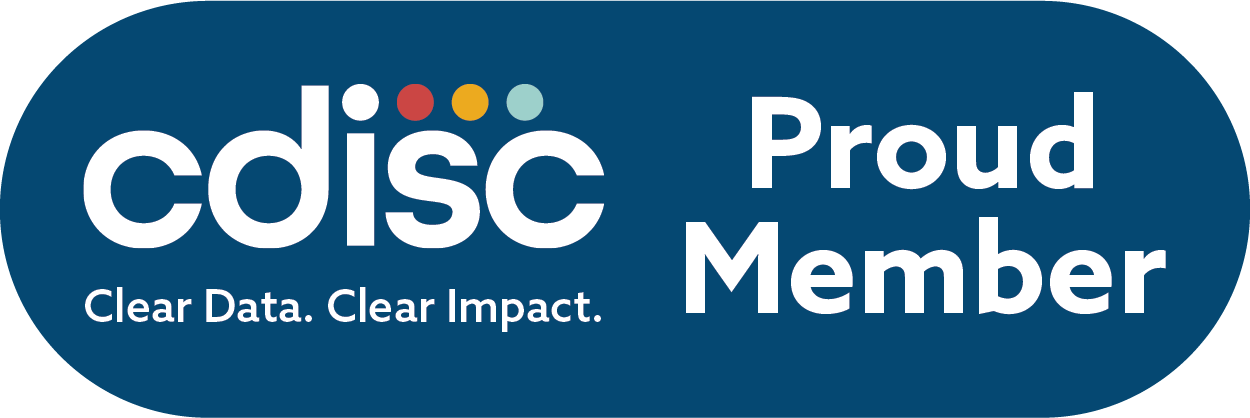The EU seeks to regulate AI: What consequences will it have?
The EU seeks to regulate AI: What consequences will it have?

AI Regulation
AI Regulation
AI Regulation
By Sofía Sánchez González
Artificial intelligence (AI) has been impacting our lives for years, but it has recently generated great interest in society due to its incredible and rapid advancements. Specifically, the emergence of ChatGPT has led global institutions and organizations to consider legislating its use. In Europe, the European Union is seeking to regulate artificial intelligence: What consequences will it have?
“Unacceptable risks” according to the EU
As early as 2021, the Commission proposed the EU’s first regulatory framework for AI. Now, it has taken a step further: on June 14, Parliament voted in favor of negotiating European legislation on artificial intelligence. The following were considered “unacceptable risks” and “threats” by the European Union:
- Cognitive manipulation of the behavior of individuals or specific vulnerable groups, such as voice-activated toys that encourage dangerous behavior in children.
- Social scoring: classifying individuals based on their behavior, socioeconomic status, or personal characteristics.
- Real-time and remote biometric identification systems, such as facial recognition.
In this way, the approved text also establishes consumer rights regarding AI decision-making and exemptions for research and open-source AI components. This initiative will now enter the negotiation stage with the governments of EU Member States. The aim is to reach an agreement by the end of the year.

The EU seeks to regulate AI: What consequences will it have?
What does this mean for generative artificial intelligence companies?
Narrativa is a company that falls within generative artificial intelligence, just like ChatGPT. Through our platform, we generate content easily and quickly. Thus, the European Union would require certain transparency requirements that we already meet at Narrativa:
- Disclosing that the content has been generated by artificial intelligence. In many cases, this requirement may not be necessary as several of our clients use our narratives as drafts. Later, their journalists use this skeleton to enrich the text.
- Designing the model to prevent the generation of illegal content. This is an aspect we protect to the maximum: our content is generated using reliable data sources, often government-related.
- Publishing summaries of copyrighted data used in training. The training of our systems is always done with our own data or openly available data. Plus, we specifically train models with our customer’s databases just for them to utilize.
Narrativa is committed to transparency and safety issues.
When will this law come into effect?
Currently, it is only in the negotiation phase, and if approved, it would not come into effect before 2026.
Advantages and disadvantages of regulating AI
Regulating artificial intelligence has both advantages and disadvantages that will surely be taken into account when making a decision.
Among the advantages are:
- Protection of the safety of European citizens. In 2018, the European Union approved regulations to protect personal data (General Data Protection Regulation or GDPR). It represented a significant change in the treatment of personal data, increasing awareness and seeking transparency and protection of our data. Therefore, the regulation of artificial intelligence could also benefit the safety of European citizens.
- Responsible innovation with citizens to avoid discrimination. Improper use of artificial intelligence can harm certain sectors of the population, so the approval of this law would prevent such a scenario.
Among the possible disadvantages, we can highlight:
- Limiting innovation: Many companies may not invest as much in innovation when they see limitations on their creations, and it could even lead to an uneven competitive landscape, with some companies moving to regions without specific AI laws.
- Difficulties in applying the law: Artificial intelligence is not a fixed scenario, as new technological advances emerge every day, making it difficult to apply a law.
What do you think?
About Narrativa
Narrativa® is the global leader in generative AI content automation. Through the no-code Narrativa® Navigator platform and the collaborative writing assistant, Narrativa® Sidekick, organizations large and small are empowered to accelerate content creation at scale with greater speed, accuracy, and efficiency.
For companies in the life sciences industry, Narrativa® Navigator provides secure and specialized AI-powered automation features. It includes complementary user-friendly tools such as CSR Atlas, Narrative Pathway, TLF Voyager, and Redaction Scout, which operate cohesively to transform clinical data into submission-ready regulatory documents. From database to delivery, pharmaceutical sponsors, biotech firms, and contract research organizations (CROs) rely on Narrativa® to streamline workflows, decrease costs, and reduce time-to-market across the clinical lifecycle and, more broadly, throughout their entire businesses.
The dynamic Narrativa® Navigator platform also supports non-clinical industries such as finance, marketing, and media. It helps teams drive measurable impact by creating high-quality, scalable content on any topic. Available as a self-serve SaaS solution or a fully managed service, built-in AI agents enable the production, refinement, and iteration of large volumes of SEO-optimized news articles, engaging blog posts, insightful thought leadership pieces, in-depth financial reports, dynamic social media posts, compelling white papers, and much more.
Explore www.narrativa.com and follow on LinkedIn, Facebook, Instagram, and X. Accelerate the potential with Narrativa®.



